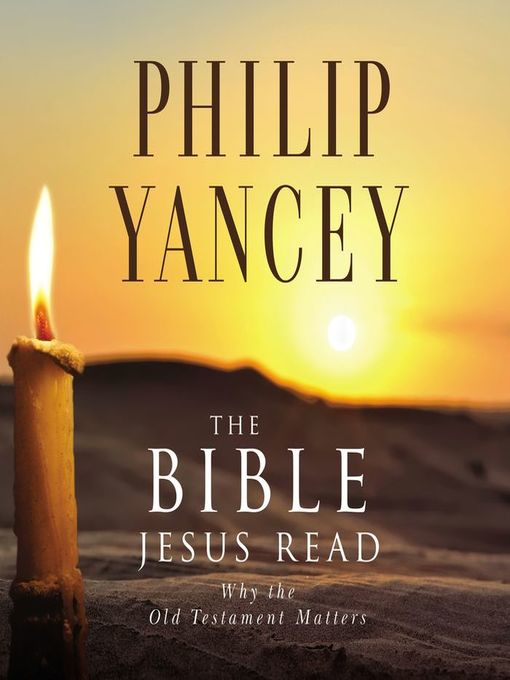Philip Yancey has a way of confronting our most cherished—but misguided—notions about the Christian life. In The Bible Jesus Read, Yancey challenges the perception that the New Testament is more important than the Old, that the Hebrew Scriptures aren't worth the time they take to read and understand them. Writing as always with keen insight into the human condition and God's provision for it, Yancey debunks this theory once and for all. Yes, he agrees, the Old Testament can be baffling, boring, and even offensive to the modern reader. But as he personally discovered, the Old Testament is full of rewards for the one who embraces its riches.
With his candid, signature style, Yancey unfolds his interactions with the Old Testament from the perspective of his own deeply personal journey. From Moses, the amazing prince of Egypt, to the psalmists' turbulent emotions and the prophets' oddball rantings, Yancey paints a picture of Israel's God—and ours—that fills in the blanks of a solely New Testament vision of the Almighty.
As he reconnects for us the strong, sinuous chords that bind the Old and New Testaments, Yancey reclaims the Reformers' deep sense of unity between the two. Most important, he says, reading the Scriptures that Jesus so revered gives believers a profound new understanding of Christ, the Cornerstone of the new covenant. "The more we comprehend the Old Testament," Yancey writes, "the more we comprehend Jesus."


